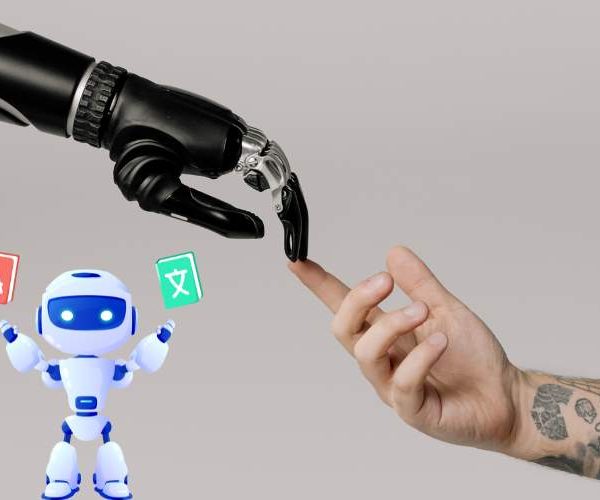
AI Predicts the Date of Your Death: How Accurate Is It?
In the rapidly evolving world of artificial intelligence, one of the latest, most controversial claims is that AI can predict the date of your death. Yes, you read that right. Imagine a sophisticated algorithm analyzing your health data, lifestyle choices, and genetic information to provide an estimated expiration date. It sounds like something straight out of a sci-fi movie, but it’s happening now, and the implications are profound.
The Technology Behind the Predictions
AI’s ability to predict life expectancy isn’t pulled from thin air. Advanced machine learning algorithms analyze massive datasets from health records, genetic profiles, and lifestyle habits. Companies like Google’s DeepMind, IBM’s Watson Health, and several startups are at the forefront, using AI to forecast not only life expectancy but also the likelihood of developing certain diseases.
These AI systems use a variety of data points:
- Medical History: Chronic illnesses, past surgeries, and family medical history.
- Genetic Information: DNA analysis to identify predispositions to certain health conditions.
- Lifestyle Factors: Diet, exercise habits, smoking, and alcohol consumption.
- Environmental Influences: Pollution levels, socio-economic status, and access to healthcare.
By processing this vast amount of information, AI can identify patterns and correlations that are invisible to the human eye. The result? A surprisingly accurate prediction of when you might meet your maker.
How Accurate Are These Predictions?
Accuracy varies, but recent advancements show promising results. Studies have demonstrated that AI can predict mortality with a certain degree of precision. For example, research published in the journal Nature highlighted an AI model that predicted death within a year with about 95% accuracy for critically ill patients. While these numbers are impressive, they are not infallible. Factors such as data quality, the complexity of human biology, and unforeseen life events can affect accuracy.
Ethical Implications: To Know or Not to Know?
The potential for AI to predict our death date raises significant ethical questions. Should we know when we might die? Here are a few points to consider:
- Psychological Impact: Knowing your estimated death date could cause significant emotional distress or, conversely, encourage people to live their lives to the fullest. It’s a double-edged sword.
- Privacy Concerns: The data required for these predictions is deeply personal. Ensuring this information is protected from misuse is paramount.
- Life Choices: Would you make different life decisions if you knew your time was limited? This knowledge could affect everything from career choices to personal relationships.
- Healthcare Decisions: Predicting life expectancy could revolutionize healthcare, prioritizing preventive measures and personalized treatments, but it could also lead to discrimination in insurance and employment.
The Shock Factor: Living with an Expiry Date
Imagine opening an app that tells you exactly how many days you have left. It’s both fascinating and terrifying. For some, it could provide the impetus to chase dreams and repair relationships. For others, it might lead to anxiety and despair.
Conclusion: Embracing the Future with Caution
As AI continues to advance, its ability to predict life expectancy will likely improve. While the prospect is exciting, it’s essential to navigate these waters carefully. Balancing the benefits of these predictions with the ethical dilemmas they present will be crucial.
Are we ready to embrace a future where an algorithm could tell us when we might die? The conversation is just beginning, and it’s one that every tech enthusiast and ethical thinker should be a part of.
Stay informed, stay ethical, and stay curious. After all, in the words of Steve Jobs, “Your time is limited, so don’t waste it living someone else’s life.”
Join the conversation: What are your thoughts on AI predicting life expectancy? Share your opinions in the comments below and let’s spark a debate!
Don’t forget to share this post with your friends and followers to see what they think. After all, this is a discussion that impacts us all.





















